For the second year in a row, the Vegas Golden Knights were eliminated just short of the Stanley Cup Final. Despite the splash additions they made in the offseason, they were unable to put it all together for a chance at glory.
"I think this was our best team,” General Manager Kelly McCrimmon said. “We made improvements to our team from a personnel standpoint and in style of play. Without those improvements I don't know if we beat Minnesota or Colorado."
Before getting into what went wrong, it is important to know what went right. First and foremost, the Golden Knights have now made at least the Conference Finals in three of their first four seasons. That is nothing short of spectacular in the grand scheme of things. If any "expert" made that prediction before year one, they would have lost all credibility. It hurts to lose, but this team has become a perennial contender thanks to the work of the front office.
Just like last season, goaltending in no way cost them in the playoffs. Marc-Andre Fleury’s mishap in game three against Montreal might have put a sour taste in people's mouths, but it was far from the sole reason they lost that game. Robin Lehner, with the exception of game one against Colorado, was outstanding in his limited time playing. He stole game four from Montreal and was a large reason why they were on the cusp of forcing a game seven.
The final four games against Colorado were a testament to what the VGK can do when they are at their best. They completely neutralized one of the best lines in hockey and effectively out played the Avalanche for eight straight periods during those games. They capitalized on the chances they needed to and got key contributions up and down their lineup.
Alex Pietrangelo also had an amazing playoff run. After subpar play in both the regular season and first round of the playoffs, Pietrangelo showcased why he was worth the $8.8 million AAV contract he signed in the off season. Pietrangelo recorded two points in the first round against Minnesota, and 10 in the final two series (10 points in 12 games). He not only contributed to the offense for most of the final two rounds, but he was also a large reason why the Golden Knights were able to score. This should give fans a glimmer of hope that this is the Alex Pietrangelo that they will see for years to come.
Perhaps one of the more impressive feats accomplished by the Golden Knights came from Alec Martinez. Martinez currently leads the league with 72 blocked shots in the postseason. That is 20 more than the next closest player (Pietrangelo at 52) and 33 more than the next closest player that still remains in the playoffs (39). This feat alone would be phenomenal, but Martinez played the entire postseason on a broken foot.
“I was being wheeled around a lot,” Martinez said. “I couldn't have done it without the medical staff. They were pretty incredible, to put me in a position to go out there and compete with the guys.”
Despite the good that happened in the first two rounds, there was a lot of bad that happened in the semifinal series. So, what exactly went wrong for the Golden Knights?
Montreal Deserves to be Here
It is important to give credit where credit is due. Montreal was a much better team than everyone previously thought. Their “young line” with Nick Suzuki and Cole Caufield will be a dominant force for years to come and the defensive game their entire team plays is second to none. They outperformed the Golden Knights for a majority of the series.
Not So Special Teams
Perhaps the most glaring issue is the one that has been around since the beginning of the season. During the regular season, the Golden Knights had a power play efficiency rating of just 17.8% - good enough for 22nd overall. During the playoffs, this awful powerplay managed to get even worse. Their man-advantage recorded just four goals on 43 attempts (9.3%).
“There weren't too many rocks that weren't overturned looking for answers this year,” Reilly Smith said. “We just didn't have one consistent approach that seemed to work.”
Make no mistake, the Montreal penalty kill was outstanding. However, the Golden Knights never made things challenging on them. In fact, the problems the VGK had on the power play were present in every series. They had trouble even getting set up in the offensive zone. Whether it was losing faceoffs, or their entries being broken up at the blue line, it would just take them too long to get going. They were too slow moving the puck, they were way to spread out, and most importantly, no one was moving. This made the job of opposing team’s penalty killers much easier because they knew exactly where the shooters were, even with their backs turned.
Not only was the power play downright abysmal, but the penalty also kill struggled as well. After nearly neutralizing the power play for Minnesota, both the Avs and the Habs took advantage of the Golden Knights penalty kill. They gave up six power play goals to Colorado and three to Montreal in 12 games. Hard to believe, given this team’s penalty kill was ranked number one in the league during the regular season.
The Return of the Scoring Drought
During the playoffs, the Golden Knights were 1-9 when scoring fewer than three goals (9-0 when scoring more than three). Over their last five games, they scored two or less goals in every one of them. A large part of that was Carey Price, but Price did not make as big an impact as he did in the Canadiens first two series. More or less, the fault for the scoring drought was on the VGK forward group.
In the Semifinals, the defensemen for Vegas put up eight goals in six games. This stat would be phenomenal, had the forwards been able to equal (or even get close to) that number. Montreal was able to neutralize the top line of Vegas, and the rest of the lineup was unable to respond. The forward core scored just four goals in six games. That is not good enough.
One particular oddity was Shea Theodore. In the bubble last season and during the 2021 regular season, Theodore was a key contributor to the Golden Knight’s success. He led the defensemen in points by a wide margin during both those times as well. While never the best defender on the team, he was far from a liability and could be trusted against opposing team’s top lines. At points this season, there was even talk of him in the Norris Trophy discussion.
Throughout the entire 2021 playoffs, something just did not seem right with him. Not only was he struggling to contribute offensively, but he also struggled in his own end and became almost a liability defensively. It is unknown if he was hurt or just struggled, but the absence of his elite play on the blue line was puzzling to say the least.
Eight points in 19 games
During the regular season, Mark Stone at times was in the conversation for most valuable player in the league. He recorded 61 points in 55 games played and was a key contributor to the offensive success for the Golden Knights. In the playoffs however, the Golden Knight’s captain fell off. Hard. Stone made absolutely zero impact in the Montreal series. Sure, a lot of that was due to Phillip Danult and his line, but Stone struggled to get his offensive game going in every series. Stone did not record a single point in games one, six, and seven against Minnesota. He also did not record a point in three of the six games against Colorado, however he was much more noticeable defensively in this series. Perhaps his worst performance came against Montreal where he not only failed to record a point, but he also recorded just seven shots on net in six games. His defensive game did not shine either, as he was a -3 during the final six games.
VGK record when Mark Stone recorded at least one point during the playoffs: 6-1
VGK record when Mark Stone did not record a point during the playoffs: 3-8
Whether he was playing injured or was just struggling is irrelevant. The bottom line is they needed his offensive production in the Semifinals, and it never came. While this is not the sole reason the Golden Knights lost, it is a part of it.
$12 million in goaltending
Goaltending did not, in any way, shape or form, cost the Golden Knights a trip back to the Stanley Cup Final. Fleury was phenomenal for a grand majority of the regular season and these playoffs. Lehner also did exactly what was asked of him when called upon. However, having two number one goaltenders that take up $12 million dollars in cap space did. Every night they had someone on the bench, unable to play, that made $5+ million dollars. Imagine if that money could have been allocated to a player that could provide a net-front presence on a power play, or a player that could provide even more scoring depth for when the top line got shut down.
Going into the off season it is unclear whether or not the front office will keep the tandem together. The Golden Knights have a lot of holes to clear and not a lot of money to do so. Golden Knight’s head coach Pete DeBoer seemed unsure as to what the future holds for the tandem.
“[That tandem] was a blessing this year,” DeBoer said. “Next year is a different story. We are not in those unique circumstances.”
If the Golden Knights want to fix the holes in their roster, one of these two goalies must be traded. This is by far the easiest way to clear the cap space necessary without severely damaging the depth on the team. It will allow them to resign Alec Martinez and add other depth pieces in the offseason.
Looking ahead
Now that the off season is here, the VGK will look to retool their lineup in preparations for next season. At this point, it is anyone’s guess as to how they will look come next season. Pending unrestricted free agents include Alec Martinez, Tomas Nosek, Patrick Brown, and Mattias Janmark. Due to how pressed against the cap this team is, it may prove challenging to bring everyone back for another run. The team still has holes to fill as well, making Kelly McCrimmon’s job that much more difficult.
Despite the disappointing exits the last few seasons, this team is close. They need a few more pieces and, like teams before them, they need the “stars to align”. They just need to find the right combination of players and coaches that can put it all together for one magical run.
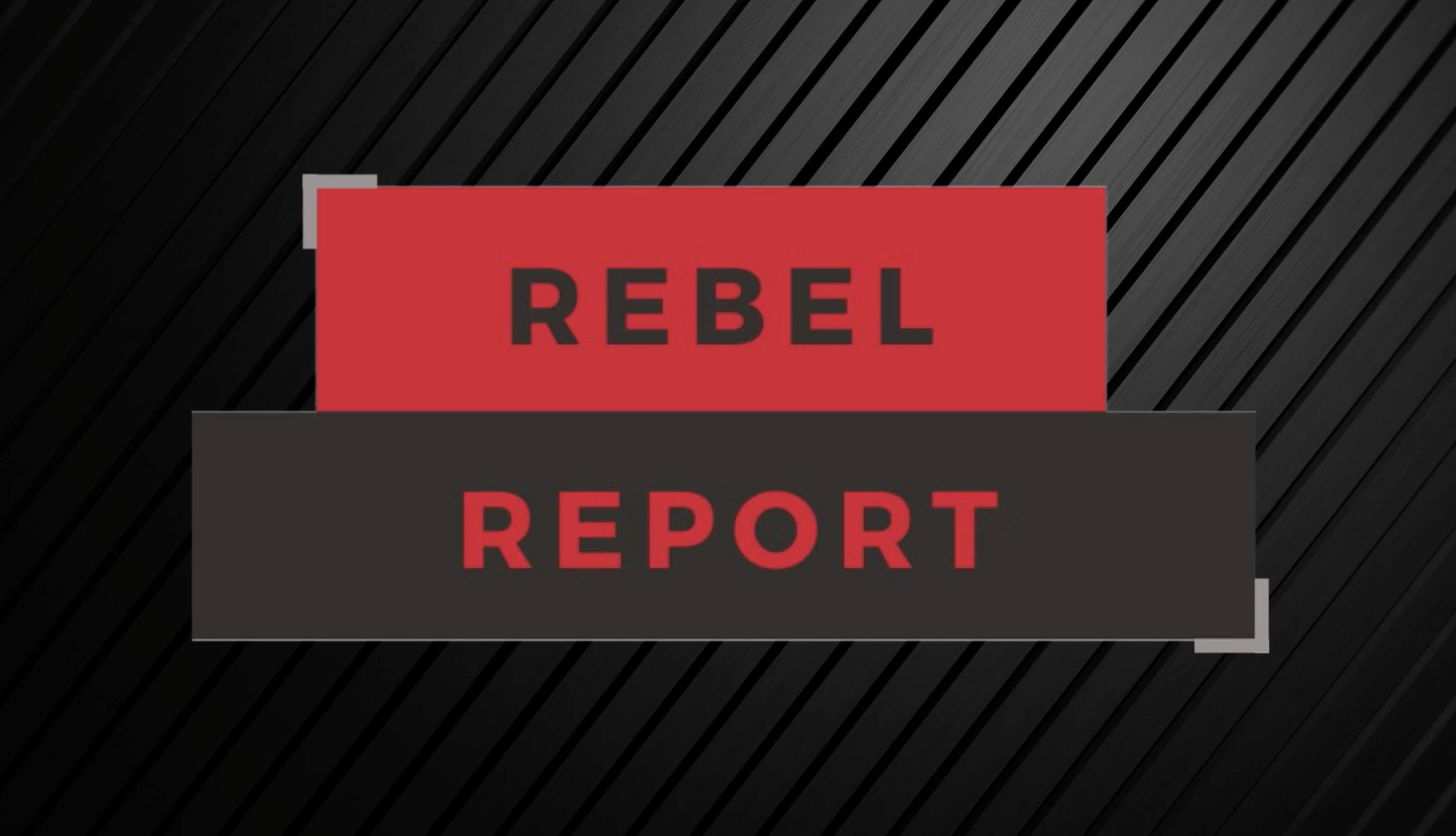
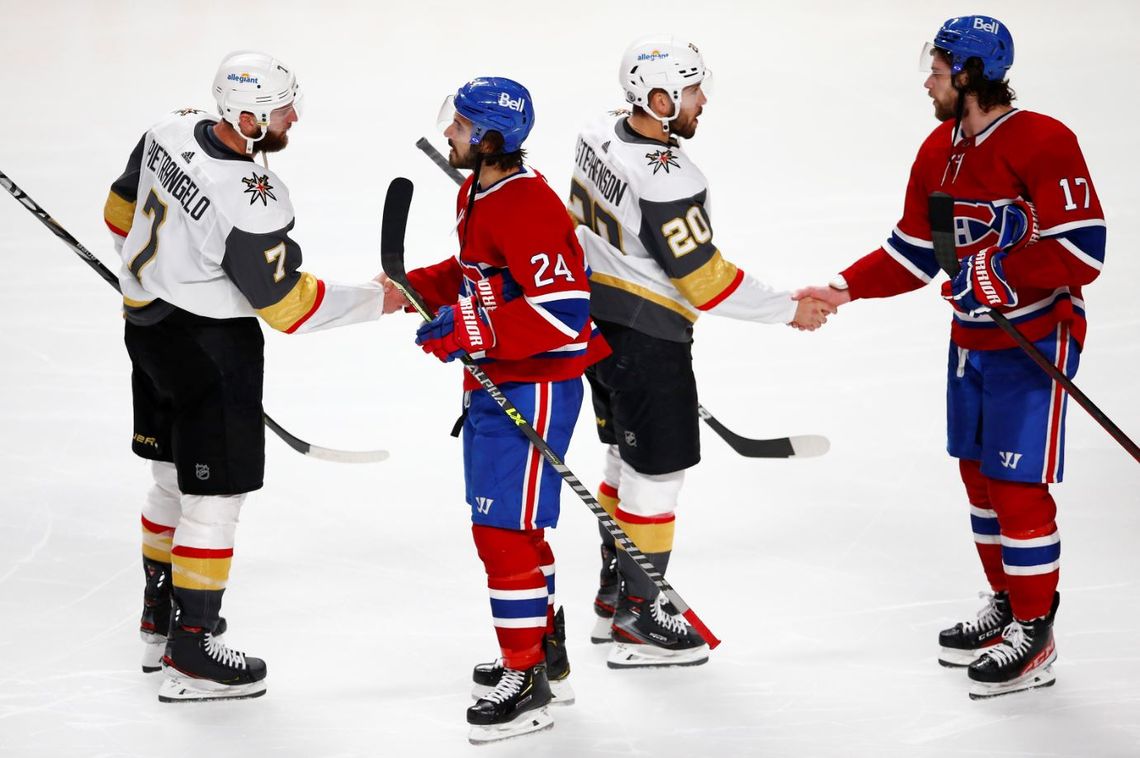
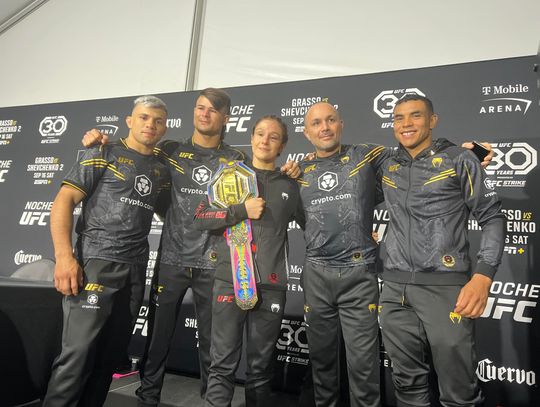
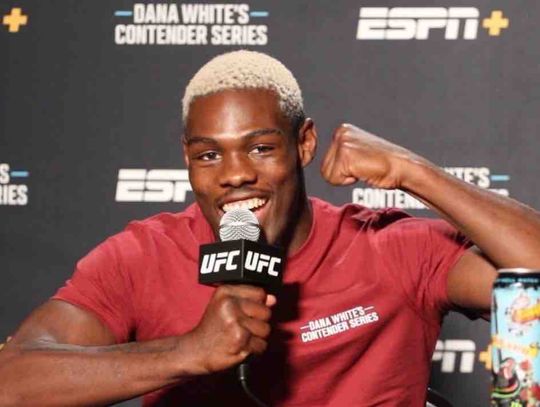
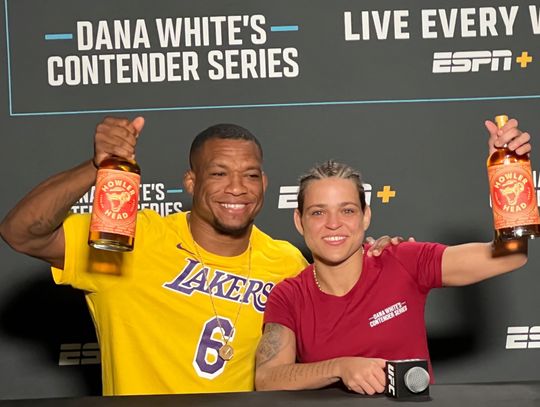
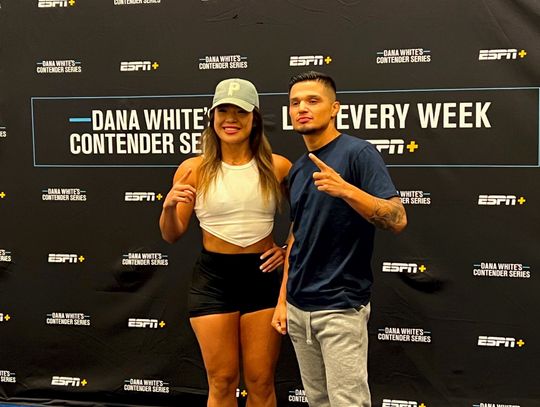
Comment
Comments